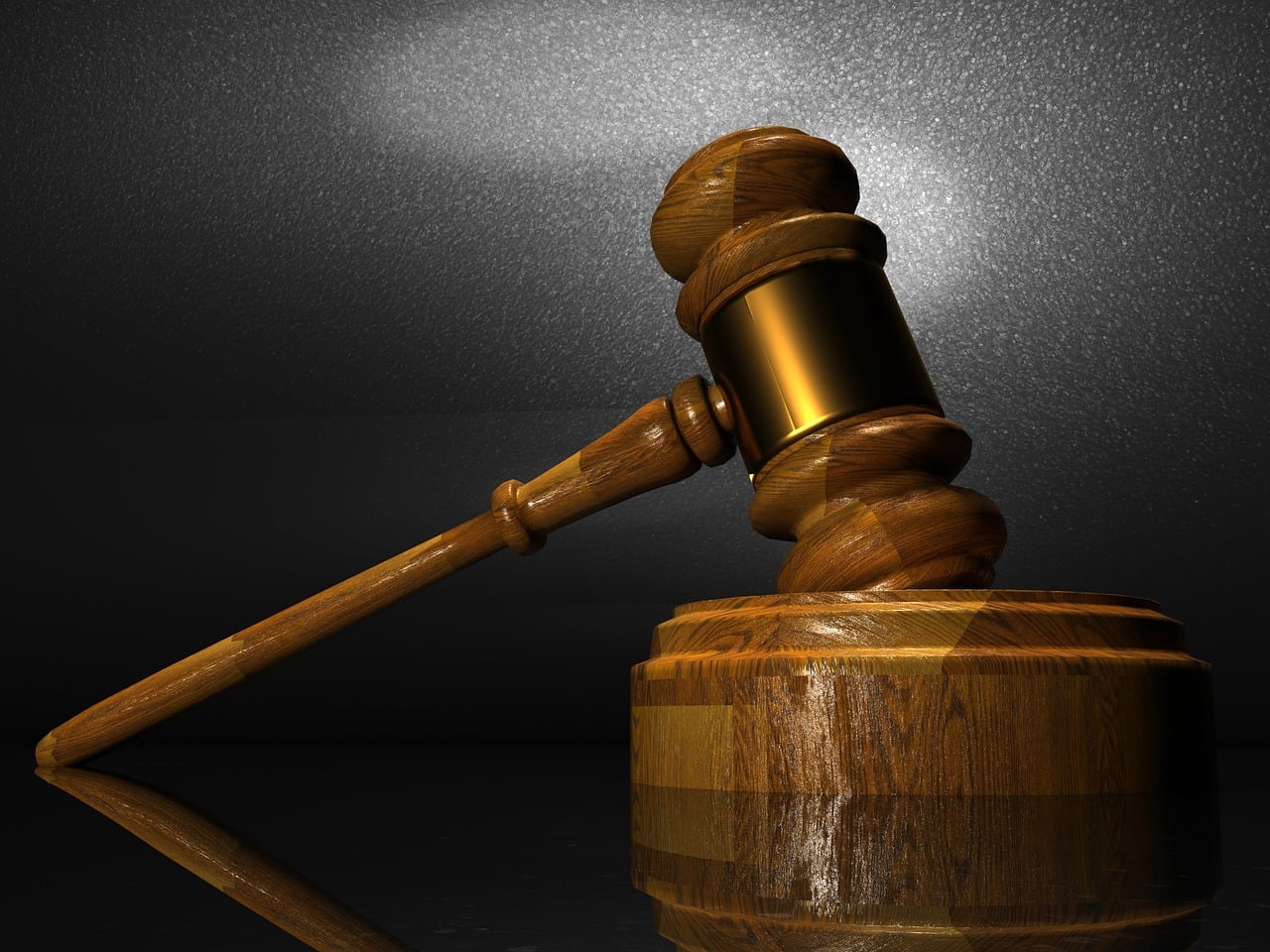Today the Supreme Court refused to overturn ‘Auer deference’ in Kisor v. Wilkie, a case that could have broad ramifications for federal agencies. NCLA filed an amicus curiae brief in January before the U.S. Supreme Court explaining how Auer deference blatantly violates the Constitution in two separate ways.
First, Auer requires judges to abandon their duty of independent judgment, in violation of Article III and the judicial oath. Second, Auer violates the Due Process Clause by commanding judges to exhibit bias in favor of the legal positions of administrative agencies—even when those agencies are litigants before the court. And, of course, displaying bias in favor of the government also entails showing bias against whoever is litigating against the government agency, thereby depriving that litigant of due process.
Q1 hedge fund letters, conference, scoops etc
NCLA Statement on SCOTUS Decision to keep 'Auer deference':
“NCLA is disappointed, but not shocked, that the Supreme Court failed to overturn Auer deference today. More surprising is that the majority still refuses to engage squarely with the two most fundamental constitutional objections to Auer deference, objections that NCLA brought to the Court's attention. First, deferring to a government agency's interpretation of a regulation violates due process, because it denies one of the litigants before the court a fair hearing. Second, when a judge defers in such a manner, he or she fails to live up to the judge's Article III duty to provide independent judgment. We hope that the Court will eventually come to grips with these constitutional objections and strike down Auer for good." - Mark Chenoweth, Executive Director & General Counsel, NCLA
About NCLA
NCLA is a nonprofit civil rights organization founded by prominent legal scholar Philip Hamburger to protect constitutional freedoms from violations by the Administrative State. NCLA’s public-interest litigation and other pro bono advocacy strive to tame the unlawful power of state and federal agencies and to foster a new civil liberties movement that will help restore Americans’ fundamental rights. For more information visit us online: NCLAlegal.org.





